Health & digital rights organisations and trade unions to the Council of the EU: Uphold patients’ fundamental rights in the EHDS!
The Council of the EU must uphold European patients’ fundamental rights and agree on a right to ‘opt-out’ of the use of patient medical records in the final negotiations on the European Health Data Space (EHDS).
Filter resources
-

Health & digital rights organisations and trade unions to the Council of the EU: Uphold patients’ fundamental rights in the EHDS!
The Council of the EU must uphold European patients’ fundamental rights and agree on a right to ‘opt-out’ of the use of patient medical records in the final negotiations on the European Health Data Space (EHDS).
Read more
-
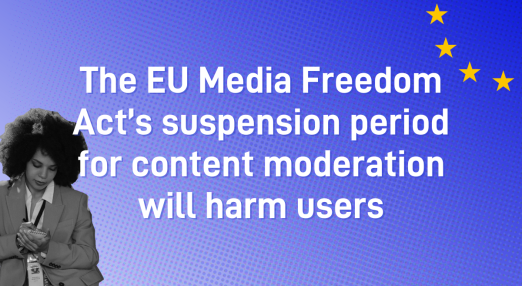
The EU Media Freedom Act’s suspension period for content moderation will harm users
In December 2023, the European Parliament and Member States’ representatives negotiated a controversial special status for media outlets in the European Media Freedom Act (EMFA): their content cannot be removed from big tech platforms for up to 24 hours, even when it violates community standards intended to protect users.
Read more
-
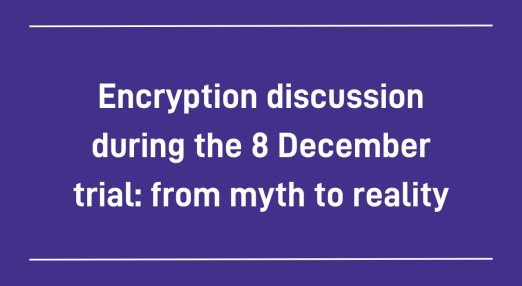
Encryption discussion during the 8 December trial: from myth to reality
The defendents’ fundamental right to privacy was treated flippantly and shown little interest by the judges and prosecution of the Paris criminal court in the ‘8 December’ trial hearings. This is a cause for concern and could lead to the justification of police’s ever-increasing surveillance.
Read more
-
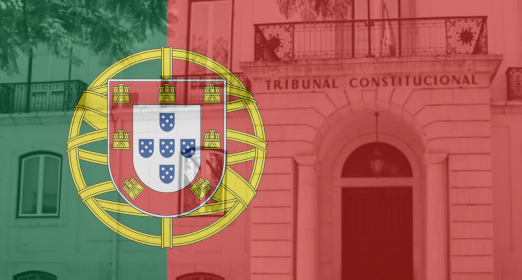
Portugal: New data retention law fails at the Constitutional court; Parliament will try for a third time
The Portuguese Constitutional Court has declared a new data retention law proposal to be unconstitutional. In response to the decision, the Parliament swiftly approved, in the beginning of the year, another dubious data retention regime, which might face the same fate - for the third time.
Read more
-

European Commission discusses “Going Dark”: Behind closed doors
EDRi and 20 organisations call on the High Level Group on Access to Data for Effective Law Enforcement for greater transparency and participation of all stakeholders.
Read more
-

Spyware attack attempts on civil society in Serbia
On 30 October 2023, two members of civil society from Serbia received an alert from Apple that they were potential targets of state-sponsored technical attacks. They immediately contacted EDRi member SHARE Foundation after receiving the warning, in order to check if their devices were attacked by any known spyware. These were the first documented cases of attempted sophisticated spyware attacks known to us in Serbia.
Read more
-
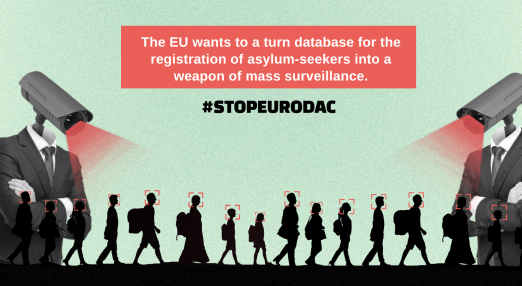
Civil society calls for an end to the expansion of EU’s EURODAC database
Civil society is calling for an end to the expansion of EURODAC, the EU database for the registration of asylum-seekers. EURODAC is being transformed into an expansive, violent surveillance tool that will treat people seeking protection as crime suspects.
Read more
-
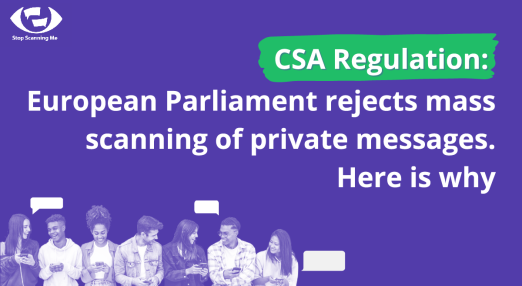
CSAR: European Parliament rejects mass scanning of private messages. Here is why
On 22 November, the European Parliament officially adopted its position on the draft ‘Regulation laying down rules to prevent and combat child sexual abuse’ (CSAR). With strong support for this position from all seven European political groups, this marks a positive development for human rights in one of the most controversial draft European Union (EU) laws in recent memory.
Read more
-
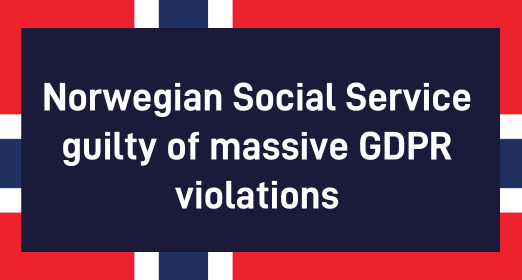
Norwegian Social Service guilty of massive GDPR violations
Janne Cecilie Thorenfeldt, living in Norway, discovered that her employer which is also the Norwegian Social Service violated her data protection rights. So she took them to court. Read on to learn what happened.
Read more
-

AI Act: What happens when lawmakers’ faces get scanned with face recognition algorithms?
EDRi member in Italy Hermes Center simulates face recognition on lawmakers to pressure them for a total ban of remote biometric identification (RBI) in the Artificial Intelligence (AI) Act.
Read more
-
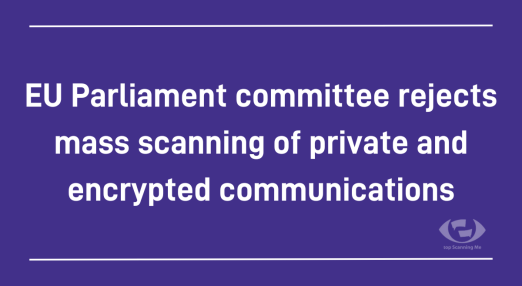
EU Parliament committee rejects mass scanning of private and encrypted communications
On 14th November, Members of the European Parliament’s ‘Civil Liberties’ committee voted against attempts from EU Home Affairs officials to roll out mass scanning of private and encrypted messages across Europe. It was a clear-cut vote, with a significant majority of MEPs supporting the proposed position.
Read more
-

Why your data might already be on a Europol list
Police forces around Europe seem hooked on the habit of collecting information on a massive scale and forwarding it to the EU's police agency, Europol. This undermines privacy, fair trial rights and the presumption of innocence.
Read more
